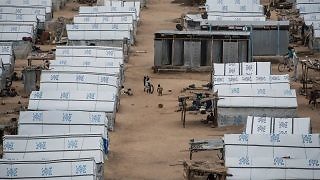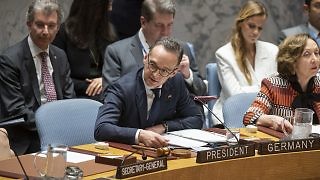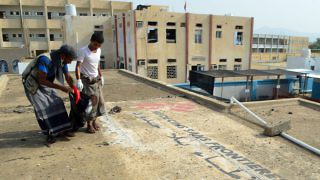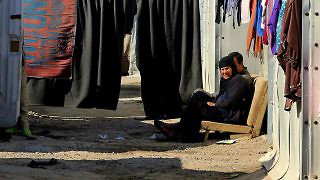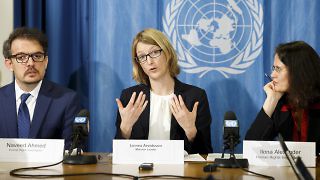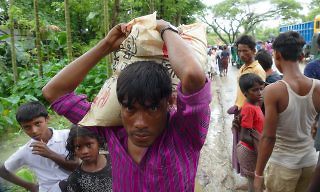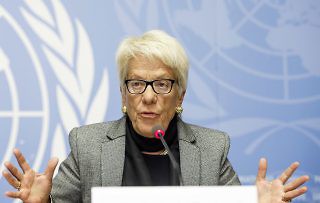Have the landmark humanitarian carve-outs in UNSC sanctions regimes worked? On the one year anniversary of UNSC Resolution 2664, Alice Debarre looks at the resolution’s impact and to what degree it has contributed to fully safeguarding humanitarian action.
Author: Alice Debarre
-
-
Engagement by governments to tackle internal displacement, while leveraging the international community’s growing expertise, will help ensure approaches have positive effects.
-
While high profile efforts have value, what humanitarian organizations and the people they are there to help are waiting for is concrete change on the ground.
-
Improving the effectiveness of notification practices is critical to ensuring humanitarian assistance and protection can be safely delivered.
-
IDPs are among the most vulnerable people in the world, and the number of those fleeing violence and conflict in 2016 was estimated at 40.3 million. This is nearly double the number of refugees worldwide.
-
The Myanmar government’s refusal to cooperate is unfortunately not an uncommon posture and brings to the fore the need for the UN to ensure that independent and impartial investigations can take place in the best conditions, and, where no cooperation is possible, look for other creative ways to dig up the facts.
-
In Myanmar, the current aid blockade on all UN agencies, and the ban on international staff that humanitarian organizations have been facing since mid-August, is being justified by the government as necessary for “security reasons.”
-
Del Ponte may have resigned in frustration at Security Council inaction on Syria, but the timing of her resignation at least shines a light on the issue of impunity just as the IIIM starts its substantive work.

